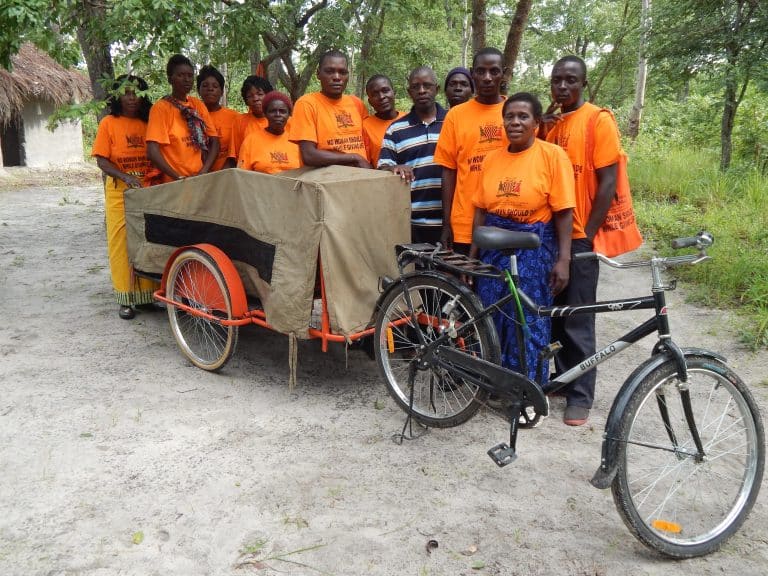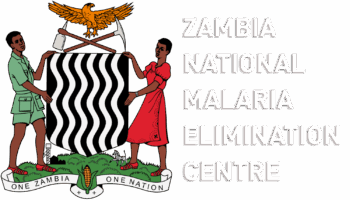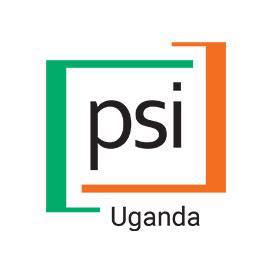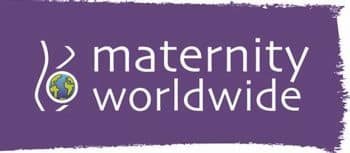Our Programmes

MAMaZ Against Malaria

Transaid and Swiss foundation, Medicines for Malaria Venture (MMV) are joining forces and working in collaboration with the National Malaria Elimination Center (NMEC) of Zambia, to develop innovative approaches to improve severe malaria case management in rural areas.
The project aims to address the lack of access to quality severe malaria treatment commodities and case management in Serenje District, Central Province, Zambia, which has high malaria prevalence rates. In line with WHO guidance, optimal case management of severe malaria in remote areas involves use of rectal artesunate suppositories (RAS) for pre-referral treatment of severe malaria at the community level, followed by injectable artesunate (Inj AS) treatment at the health facility level. The two organisations will help to pilot the introduction of RAS, and will seek to reduce barriers and delays in seeking treatment at the community and at the facility level, including by strengthening emergency transport systems. The project will serve as a pilot to inform development of an evidence-based and sustainable strategy for improving nationwide access to successful management of severe malaria in high-malaria-burden settings.
Implemented by a consortium of partners – Transaid, Health Partners Zambia (HPZ), and the Zambian organisations Development Data, Disacare together with MMV – the project builds on approaches successfully used in the Mobilizing Access to Maternal Health Services in Zambia (MAMaZ) and the MORE MAMaZ programmes which ran between 2011 and 2016.
Transaid’s CEO Caroline Barber comments: “Our consortium is very proud of our achievements in the MAMaZ and MORE MAMaZ programmes, where skilled birth attendance rates increased by 27% and 32%, respectively, after several decades of minimal improvement. We are delighted to be partnering with MMV to now tackle severe malaria in Serenje and to build sustainable capacity to continue the work once the project has ended.”
“Rectal artesunate suppositories are a life-saving intervention,” said Dr David Reddy, MMV’s CEO, “and one of the most important for malaria since the WHO prequalification of injectable artesunate. The majority of lives lost to malaria are those of children living far from health services, who simply don’t get the treatment they need in time. By improving access to RAS as well as injectable artesunate we can help change that. We are really excited to be collaborating with Transaid on this project to help save lives today and in the future.”
Although Zambia recorded a decline in the incidence of malaria from 407 cases per 1,000 population in 2014, to 336 cases per 1,000 population in 2015 (source: Ministry of Health), an estimated 7,100 deaths from malaria occurred in 2015. It is vital, therefore, to ensure that entire communities are mobilised in order to ensure and support their timely access to treatment.
Severe malaria is a medical emergency: many young children die as a result of delays in starting treatment within the first 24 hours of symptom onset. Children under five years old are most susceptible to severe malaria due to lack of immunity, and will be the key target group for the proposed intervention. This is especially true in rural areas where long delays may occur between a decision to seek care and the delivery of that care.
RAS is a critical intervention in the initial management of severe malaria in young children for whom parenteral (injected) treatment is not available. The World Health Organization recommends RAS as a stop-gap measure to prevent fatal complications of malaria in children. RAS is not intended for use as a cure for uncomplicated or severe malaria. It buys time while severely ill children are transported to health facilities where they can receive parenteral treatment. By so doing, RAS reduces the risk of death and disability.
While many health programmes focus on improving supply-side factors and facility-based interventions, few effectively address the multiple barriers preventing access to effective treatment at household and community levels. Hence there is limited evidence on how to intervene effectively on the ‘demand-side’. This project uses evidence-based approaches to address rural access barriers and will work to increase access to RAS and reduce the number of children dying of malaria in rural Zambia.
As in the MAMaZ programmes, rural emergency transport systems will be strengthened in the intervention district. To this end, we will bring in the expertise of our Zambian partner Disacare to build bicycle ambulances. Once again, Development Data will be providing a robust approach to gathering evidence to demonstrate proof of concept for the project. Development Data brings a wealth of expertise in monitoring and evaluation, and will have an important role in supporting implementation of the programme’s community monitoring system. Health Partners International developed the integrated community engagement approach used in MAMaZ and MORE MAMaZ and the innovative training approaches that have proved so effective at creating sustainable local capacity to tackle maternal and newborn health barriers.
More Programmes










